Five Strategies for Fighting Fraud in Your Business
Many small business failures stem directly from fraud, and much of that comes from within the businesses themselves. That means employees may see opportunities to rip you without regard for the damage they may cause. Worse yet for small businesses, the majority of this type of scenario happens to businesses with less than 100 employees. Following are five strategies to help your business fight fraud.
1. Keep a Close Eye on Accounts
Always pay close attention to statements for all bank accounts and credit cards. Don’t wait for a monthly statement to review. Look over transactions online on a regular basis and watchout for any suspicious activity. If you do get paper statements, compare these to what you see online to make sure nothing has been manipulated. Make sure you recognize recipients for any payments made, and if you don’t recognize one, figure out who it is and verify that it’s legitimate. Look at check numbers and try to spot any that are missing or any that were cashed or issued out of order.
It also doesn’t hurt to make it known around the office that you’ll be going over statements and that you regularly keep an eye on accounts. When employees know that you’re paying attention, they’ll be less likely to attempt fraud.
2. Make Sure You Really Know Your Employees
How well do you really know the people who work for you? Hopefully you’ve done background checks before hiring, but get to know your employees as people rather than just workers. The more you know about them, the more you can assess how trustworthy they are. At the same time, if they feel they know you well, they may be less likely to want to target your business.
3. Make Sure You Can Trust Clients
While employees make up a substantial amount of potential fraudsters, clients can also be culprits or inadvertently put you in danger, so make sure you are choosy about whom you do business with.
Xero says, “Your clients should record basic information about the people they do business with. This should include: physical address, contact names and phone numbers (at least two) [and] mutual business relationships or references that can be checked. For further peace of mind, your clients should look up the businesses they’re dealing with to check: they’re a legitimate business, who the owners are [and] how long they’ve been in business.”
4. Work with Experts
If you suspect (or know) that you’ve been a victim of business fraud, it won’t hurt to get in touch with an expert who may be able to help you devise a strategy or to help you get to the bottom of things. There are investigators who specialize in this very thing. You can also seek advice online from others who may have experienced similar crimes. Let the authorities know what is going on.
5. Make Sure Your Staff is Educated
Be sure your employees know what to watch out for when it comes to fraud. Keep them trained and educated. This will help add an extra layer of security by increasing the likelihood that someone will catch on to fraudulent activity, and can also serve as a deterrent.
Fraud has led to the demise of many small businesses over the years. Don’t let yours be the next victim. Take steps to prevent it, and know how to deal with it when it occurs.
Ready for What’s Next?
Have questions? Ready to start building a relationship with one of our experienced bankers?





